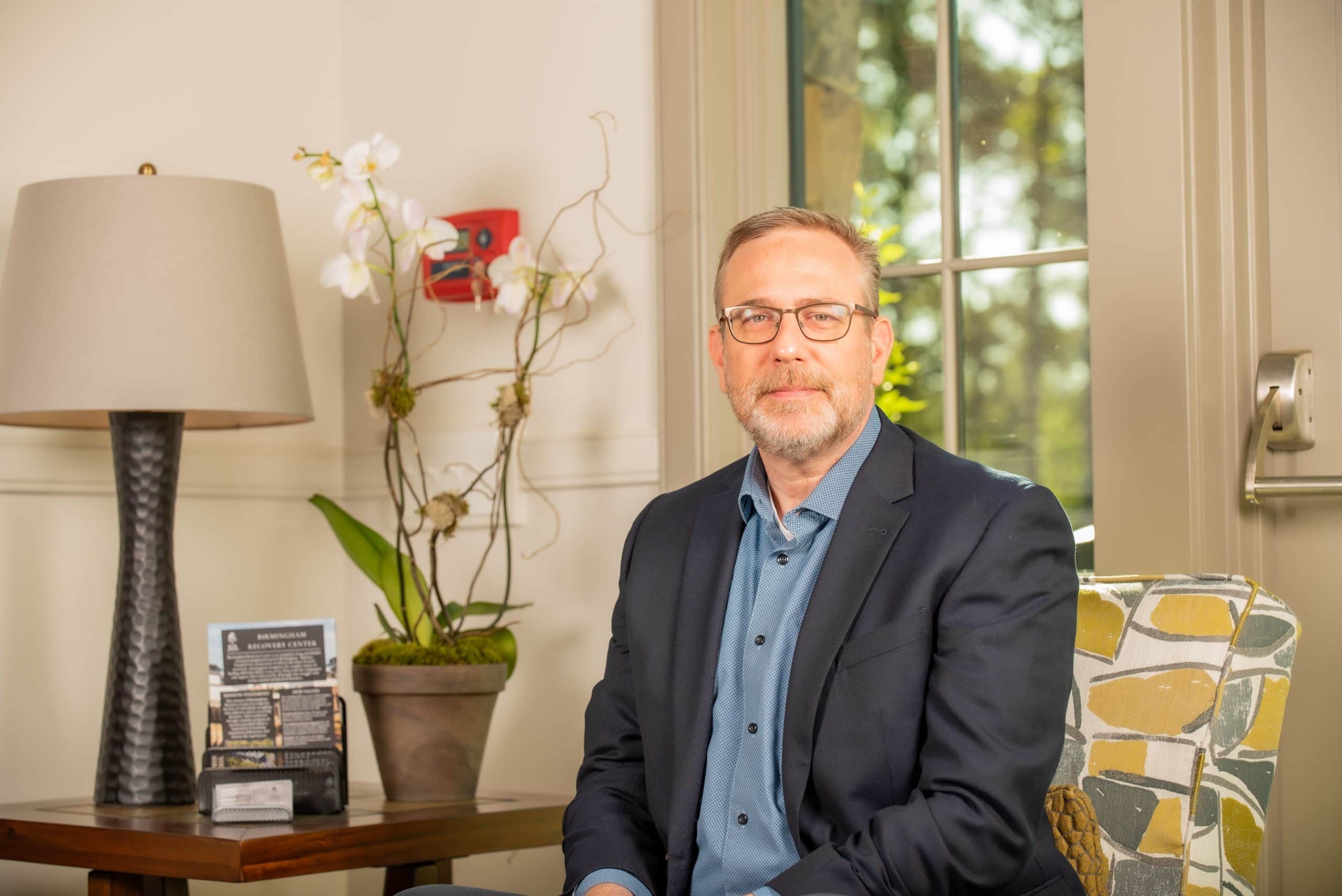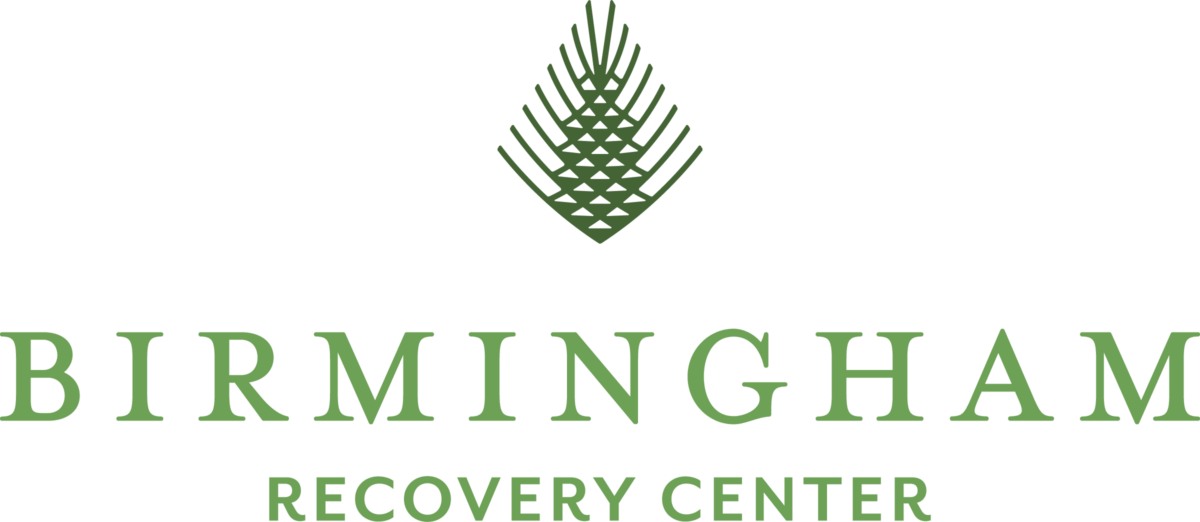For individuals who have faced the challenges of addiction, the journey can often feel incredibly solitary, leaving behind a sense of isolation and loneliness. This feeling can become even more profound once your treatment program comes to a close. Aftercare is a crucial element of addiction treatment that lays the final groundwork for strong and nurturing relationships and habits that support your journey toward long-term recovery.
What Is Aftercare?
Aftercare is a crucial part of the recovery journey for individuals who have struggled with substance addiction or dependency. It encompasses a range of supportive services designed to help them smoothly transition back into everyday community life following the completion of earlier phases of treatment and rehabilitation.
Aftercare provides an invaluable roadmap for individuals during their crucial early stages of recovery. Its purpose is not only to prevent relapse but also to empower and assist recovering individuals in pursuing their long-term goals. By offering a comprehensive network of resources and guidance, aftercare aims to ensure that individuals feel valued, understood, and equipped with the tools they need to thrive on their journey to lasting recovery.
Types of Aftercare Programs
At Birmingham Recovery Center, we take the time to truly understand each client’s unique needs. Our dedicated team works closely with individuals to create a personalized aftercare plan that not only addresses their current challenges but also supports their long-term goals.
Here are just a few examples of what may be included in a drug or alcohol rehab aftercare plan at our recovery center:
12-Step Support Groups
12-step programs are peer-based mutual support groups that help people recover from addiction. The 12 Steps are guiding principles that outline a course of action for overcoming addiction, avoiding triggers, and living a healthy life.
There are several 12-step support groups available to individuals seeking help, such as Alcoholics Anonymous (AA) and Narcotics Anonymous (NA). These groups hold meetings on a regular basis in various communities near you. Engaging actively in 12-step groups is a wonderful opportunity to connect and receive support from fellow members of the recovery community.
Career Counseling
Many individuals in recovery may experience the unfortunate consequence of losing their jobs or facing career setbacks as a result of their struggles with substance abuse. Incorporating career counseling into a rehab aftercare plan can greatly assist individuals in successfully reintegrating into the workforce or finding more fulfilling and meaningful work.
Career counseling can provide valuable support and guidance to individuals who are on the path to recovery from addiction by:
- Helping individuals explore and recognize personal interests, skills, and strengths
- Ensuring that these skills and interests are well-matched with suitable career options
- Assisting individuals in securing employment following their treatment
Individual Therapy
Individual therapy sessions provide a safe and supportive space where you can explore your thoughts, emotions, and experiences after undergoing addiction treatment. By engaging in individual therapy, you have the opportunity to work closely with a trained professional who will help you develop effective coping strategies and guide you through any struggles during your recovery.
Based on your unique circumstances, we may suggest therapy sessions on a weekly, biweekly, or monthly basis. Our schedule is designed to be flexible and can be adjusted to meet your specific needs as you progress on your recovery journey.
Outpatient Psychiatry
Outpatient psychiatry is a crucial service for individuals who are in the process of recovering from both addiction and a mental health disorder, commonly referred to as dual diagnosis. If a client with a dual diagnosis does not receive appropriate psychiatric support, it can hinder their ability to sustain the progress they made during treatment.
Outpatient psychiatry provides care for dual diagnosis patients without requiring them to stay overnight in a hospital. This service often includes professional psychotherapy and medical consultations, which are conducted during regularly scheduled sessions.
Sober Living
Sober living homes are residences that provide a safe and supportive environment for adults recovering from alcohol or drug addiction. These homes offer support and resources that help individuals focus on their sobriety and reduce the chances of relapse. Sober living residences offer a range of beneficial features to help individuals in their recovery journey, including counseling services, group sessions, and random drug testing to encourage accountability.
Essential Skills Learned in Aftercare Programs
Aftercare programs can help people maintain the skills they learned in rehab and prevent relapse. Some skills that can be acquired in aftercare programs include:
- Stress management: Stress management skills are the ability to understand the causes and feelings of anxiety or tension while effectively addressing these feelings in healthy ways.
- Coping mechanisms: Coping mechanisms, also known as coping skills, are behaviors that help reduce negative emotions. Examples of healthy coping skills include practicing relaxation techniques, engaging in creative or productive work, and establishing boundaries.
- Emotional regulation: Emotional regulation is a learned skill that involves taking in information, maintaining composure, and communicating needs. In general, it is the ability to control your emotions and react appropriately to triggering situations. In addiction recovery, it’s the ability to manage negative feelings without harmful substances.
- Building a positive support system: A good support system is a network of people who can provide you with support, accountability, motivation, and a sense of belonging during your recovery. Aftercare often includes learning how to form healthy relationships with other individuals who look out for your well-being.
- Developing healthy routines: Establishing positive routines during the early stages of recovery is crucial as these offer stability. These routines serve as a foundation of security until your new habits replace old, harmful ones.
The Importance of Professional Support in Addiction Recovery
Seeking professional guidance during the recovery process becomes essential as it offers valuable structured support, equips you with sustainable sobriety tools, and grants you access to qualified knowledge and resources.
At Birmingham Recovery Center, our primary goal is to help individuals achieve and maintain long-term sobriety from substance use. As a professional recovery center, we constantly strive to educate individuals about addiction and direct them to the proper resources that can best support them in their new life after treatment.
Compassionate and Comprehensive Rehab Aftercare Programs in Birmingham, AL
At Birmingham Recovery Center, we understand the importance of staying connected within our community to support each other in maintaining a life free from substance abuse. Through our rehab aftercare programs in Birmingham, AL, we are committed to fostering a sense of togetherness and growth, empowering individuals to overcome their challenges and embrace a healthier, happier future.
If you or someone you care about needs help, we are here for you. Please don’t hesitate to reach out by giving us a call at (205) 813-7400 or visiting our admissions page.

